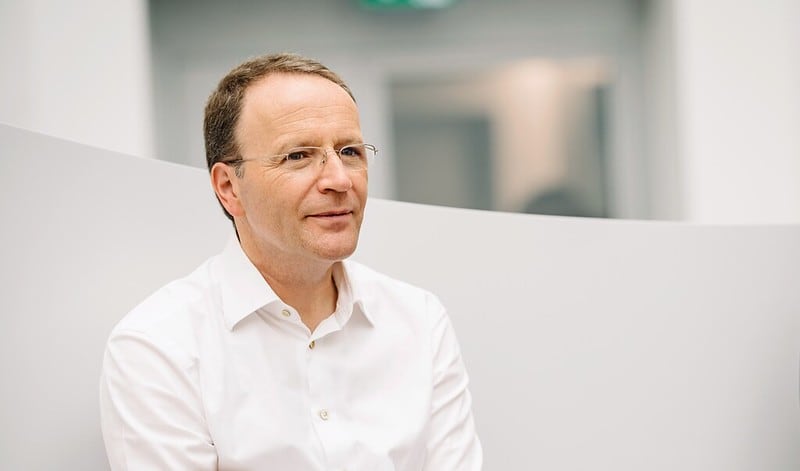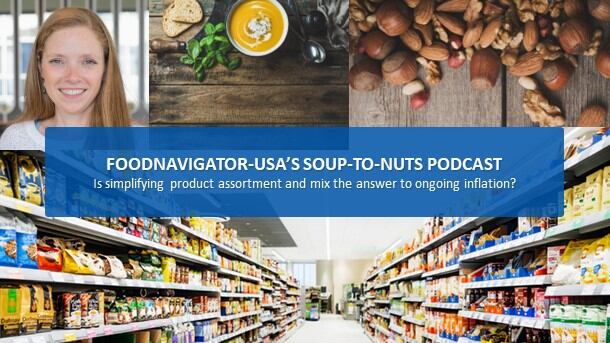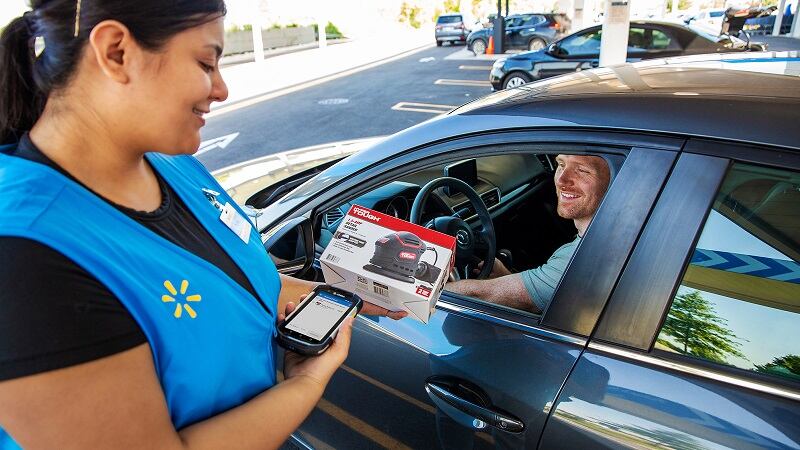During Nestlé’s investor day Nov. 29, Schneider attributed a third of Nestlé’s underlying top margin increase in recent years to its aggressive approach to acquisitions that began in late 2020 following the sale of several underperforming businesses and brands that did not fit into the company’s new image as a nutrition, health and wellness business.
The shopping spree included several acquisitions on the health sciences side, including a majority stake in Vital Proteins and the acquisition of the medical nutrition business Zenpep in 2020, followed by the acquisitions in 2021 of The Bountiful Company core brands, Nuun functional hydration tablets, and the premium functional water Essentia, before rounding out with the 2022 acquisition of a majority stake in the nutritional brand Orgain.
“More than 80% of these transactions either met or exceeded the acquisition business plan,” and when a valuation metric system “very much inspired by private equity” is applied to them, Schneider said the transactions created about 79 million Swiss francs of value, “which equates to an annual return of about 11-13%.”
But, not every deal Nestlé touched turned to gold. Schneider acknowledged that two promising deals in 2020 fell victim to changing consumer needs during and after the pandemic, including the health prepared meal delivery service Freshly and the peanut-allergy treatment Aimmune.
Why did Freshly faulter and what does it say about the fresh meal and kit delivery space?
When Nestlé acquired Freshly for $950m plus potential earnouts of up to $550m in October 2020, the direct-to-consumer channel was booming as many people stuck at home during pandemic lockdowns looked for easy, healthy meal solutions. Plus, the CPG giant felt confident in the acquisition after owning a minority stake in the business for three years, during which it grew annually along with consumers’ comfort buying food online.
But as the world began to reopen over the next two years as the threat of COVID receded, Schneider said consumer retention for the service dropped just as the rules around using of third-party cookies changed – increasing the cost of acquiring new customers.
This shift revealed “the insight that a DTC channel for business of this type … is simply too narrow,” which is “also a general lesson for many DTC business models” unless they offer something “that is truly premium, truly high involvement, [and] fully personalized,” Schneider said.
In response to these changing dynamics, Nestlé announced earlier this week that it is spinning off its Freshly business through a joint partnership with private equity firm L Catterton’s Kettle Cuisine business, which makes fresh food for retail and foodservice.
Could a hybrid approach offer a path forward?
Optimistically characterizing this shift as “very promising,” Schneider explained that the joint venture offers a “much more nuanced way of going to market using B2B2C models where you’re working with foodservice operators, canteens for example, restaurants, hotels and environments like that, that would like to offer something that is fresh, but don’t have the cost of the labor anymore locally to prepare these meals.”
Through this new approach, Schneider said he hopes that Nestlé will have a “chance to earn a substantial part back of what we didn’t realize in the first round” with the original Freshly acquisition.
What does the future of DTC and ecommerce for food look like?
This approach mirrors that of several direct-to-consumer meal kit delivery companies which, over the past few years, have partnered with retailers to sell their meal solutions in stores as well as online.
While this pure-play e-commerce strategy proved successful for many companies early in the pandemic when consumer adoption of online grocery shopping jumped ahead an estimated five to 10 years in the face of broken supply chains leading to empty store shelves coupled with consumers’ fear of leaving their homes, consumer reliance on e-commerce has been waning so that adoption rates have levelled back out to pre-pandemic expectations.
As such, many investors and industry leaders have called on food and beverage manufacturers and retailers to take a more measured and balanced omni-channel approach – emphasizing that e-commerce alone is not a strategy for sufficient growth.
Some expect this will become even more true as the economy continues to tighten and consumers look for ways to save on their grocery bills – including delivery fees and shipping costs that they could spend elsewhere if they forego the convenience of online shopping and delivery.
Nestlé determines Aimmune peanut allergy treatment too ‘niche,’ opts to focus on customer care and medical nutrition
Nestlé’s acquisition of the peanut allergy treatment Palforzia, which it gained in the 2020 deal to buy Aimmune Therapeutics for $2.6bn also fell short of expectations, according to Schneider – prompting the company to reconsider its position within the larger portfolio.
Like Freshly, Schneider said that Nestlé approached Aimmune carefully – first acquiring a minority stake in 2017 before purchasing it outright in the fall of 2020 – but that the pandemic ultimately derailed what he characterized as his “high hopes for this business.”
He explained that the shortcomings of Aimmune within Nestlé’s portfolio did not stem from the efficacy of the treatment, which is FDA approved and serves an unmet medical need, but rather because the treatment required more work and time by healthcare providers and patients than many were willing to give – especially early in the pandemic when face-to-face interactions were feared and limited.
“Instead of a blockbuster, what this looks like more and more is a very potent and very successful niche therapy,” Schneider said.
Given the higher than expected investment and costs associated with building Aimmune, Schneider said it was best for Nestlé "to stay focused” going forward on two areas in which “we have every right to play and every right to win – one is customer care and the other is medical nutrition.”




